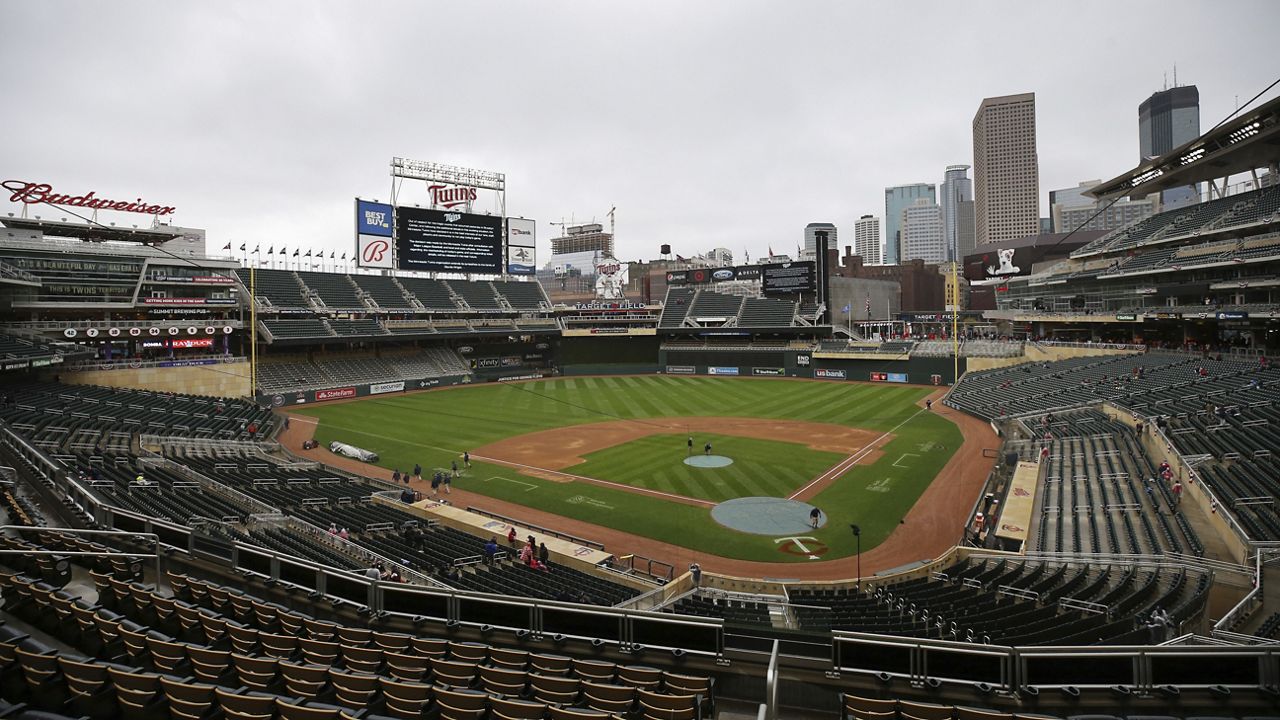In order to play ball, you usually need some cooperation from Mother Nature.
We wanted to get insight about the important role weather plays in not only determining whether or not a game could go on, but how weather impacts the game itself. So we checked in with Mace Michaels of the Minnesota Twins, the only fulltime game-day meteorologist in the MLB.
With an 162-game season and playing almost all outdoor games, more than almost any other sport, baseball teams and fans depend on good weather. That's why some teams employ meteorologists or meteorologist consultants to help them navigate whatever weather might be headed their way.
Meteorologist Mace Michaels spoke to us about his role as the Minnesota Twins' game-day meteorologist. Here's a look at the important role Michaels plays in ensuring the Twins' game day operations run smoothly, and even how he helps the Twins on-field performance as well.
With thousands of fans packed into a relatively small outdoor space during the spring and summer months, lightning is perhaps the biggest threat to public safety at a baseball game.

Michaels explained how he works to inform players, fans and staff about any possible lightning (and associated rain) that could be headed to Target Field, the home stadium of the Minnesota Twins.
When storms strike, fans could end up in harm's way. A meteorologist like Michaels can play an important role helping fans get to safety.
That's especially important before and during any possible severe weather, such as large hail or even a tornado.
Yes, you read that right. Michaels' role as the Twins' meteorologist extends to on-field decisions as well - home and away.
Here's how he helps with critical decisions that directly impact on-field performance:



